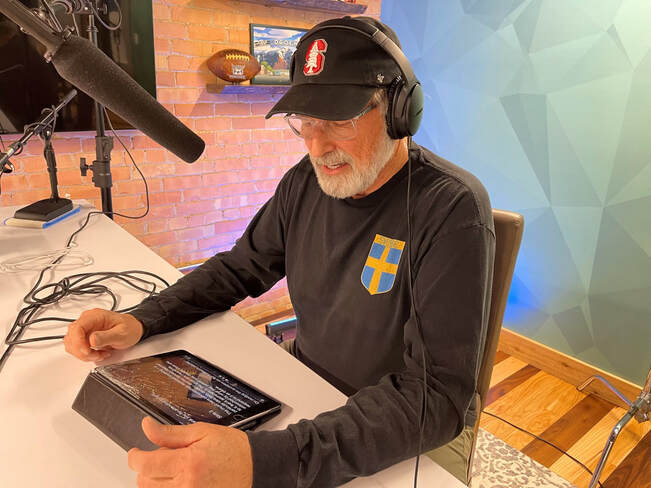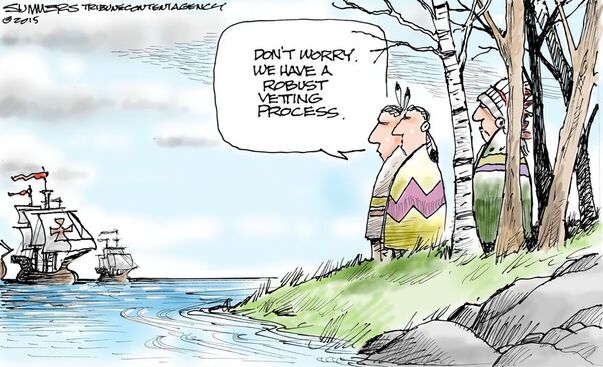|
The Role of a State Delegate. In our Caucus/Convention system your role is an important one. As a state delegate, you not only vet and select candidates for federal and statewide office, but you also vote for the leadership of the State Party, and on all motions and or resolutions brought before the body at convention.
SOME THINGS TO CONSIDER: You are a member of a Deliberative Assembly As a deliberative assembly, our state delegates meet at our state convention to determine, in full and free discussion, election of our state candidates and courses of action to be taken by our Party. To hold more efficient meetings and respect the opinion of each member, we adhere to the rules of parliamentary procedure. We understand parliamentary procedure cannot guarantee that every member will be pleased with the outcome of any decision; rather, by utilizing the expertise of a Professional Registered Parliamentarian along with an informed Presiding officer, every member can find satisfaction in the manner by which the decision was made, and that the decisions were made efficiently with consideration for every member’s opinion. If we truly understand the process, disagreement is healthy, and helps the organization make the best decision if voting and debate is approached fairly and consistently. Stay Alert!
“If you are not an expert on parliamentary procedure, it’s difficult to know whether the presiding officer (our Chair in this case) is trying to do something correctly or not. Sometimes, by the time you look up the rules in the book, it’s too late to do anything. Remember, sometimes those with a private agenda depend on the surprise attack. So, stay alert to what is going on. If something doesn’t seem right, do something about it immediately. For example, if the Chairman uses the words “WITHOUT OBJECTION” …object immediately! Doing so will force the Chair to present the body with the item for consideration and allow the body to debate the issue prior to voting on it. To not object allows the Chair to make policy without the governing body debating and voting on the issue. This runs counter to us acting as a deliberative assembly. How do you know something isn’t right? You’re at convention and things are happening so fast that you don’t have time to look up in the governing rules to know what to do. (Governing Rules include)
Four Parliamentary Tools There are four parliamentary tools that, if you are alert, can help you, even if you don’t know the rule that is being violated. If your reaction to the above questions makes you feel what is going on is not fair, try one of these motions. 1) Point of Information: A Point of Information is a nonparliamentary question about business at hand. If information is being thrown around as if it’s factual, and you question the accuracy of the information, this motion can be helpful. If you know that a certain member, or staff member, has done research on the issue under discussion, you could rise to a Point of Information and request factual information from that person through the presiding officer. It might sound like this:
2) Parliamentary Inquiry: A Parliamentary Inquiry is a question directed to the presiding officer concerning parliamentary law or the organization’s rules as they apply to the business at hand. This is a wonderful tool when you know you want to do something, but you don’t know how to do it. You simply rise to a Parliamentary Inquiry and, after recognition from the chair, ask how to do what you want to do. It might sound something like this:
3) Question of Privilege: A Question of Privilege is an urgent request or motion relating to the privileges of the assembly or a member. This is where the alertness pays off. If there is a problem, do something about it at the time of the occurrence, not later. This motion takes two forms: that of a request, which the presiding officer grants or doesn’t grant; and that of a motion. Let’s look at an example of each. When a Question of Privilege is presented as a request, it might sound like this:
When a Question of Privilege is presented as a motion, it might sound like this:
4) Point of Order: A Point of Order is used if a member feels the rules are not being followed. It requires the chair to make a ruling and enforce the rules. The first three parliamentary tools discussed here were techniques to get answers to questions. This is a technique to stop something from continuing that you don’t believe should be going on. A very important thing to remember about the Point of Order is that it must be used in a timely fashion. If something is inappropriate, it must be stopped while the occurrence is happening, not after it is over. That is why it can interrupt the speaker. When a Point of Order is presented as a motion, it might sound something like this:
Whether bully tactics are being used by the Chairman or another member of the body, there are many things that a state delegate can do to stop the bully. Most of them involve speaking up and getting support from other members of the organization. Remember that the bully has a negative effect on the democratic process and needs to be stopped so that the members can have a healthy debate of the issues and reach a fair and logical conclusion.” That is our responsibility as state delegates. Have a great convention!
0 Comments
Leave a Reply. |
AuthorBill Olson Archives
April 2024
Categories
All
|



 RSS Feed
RSS Feed
